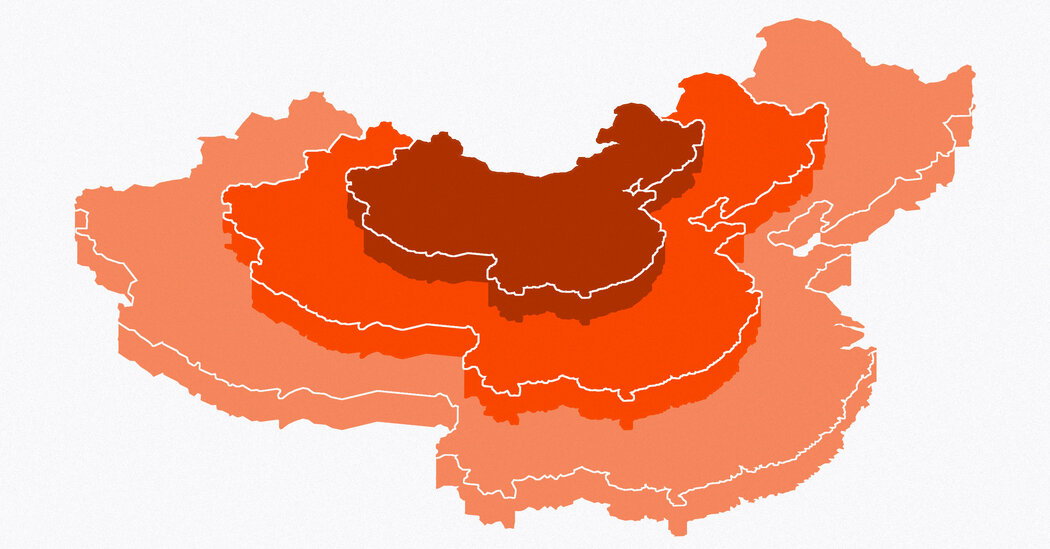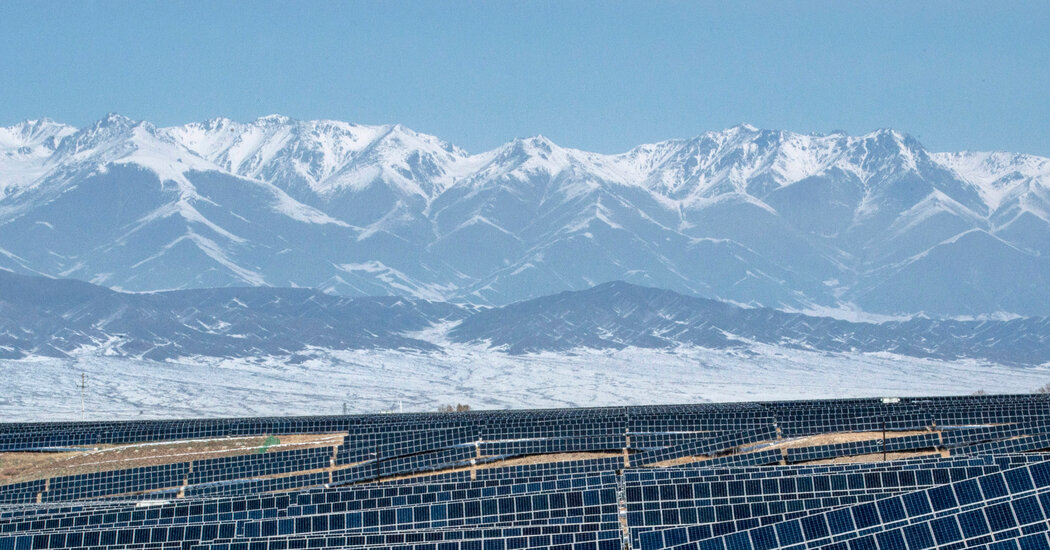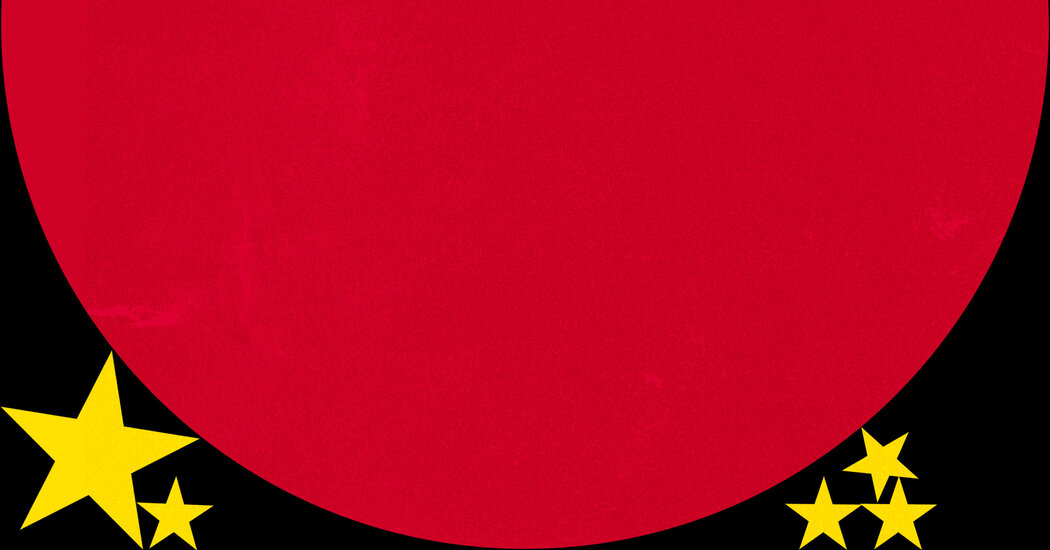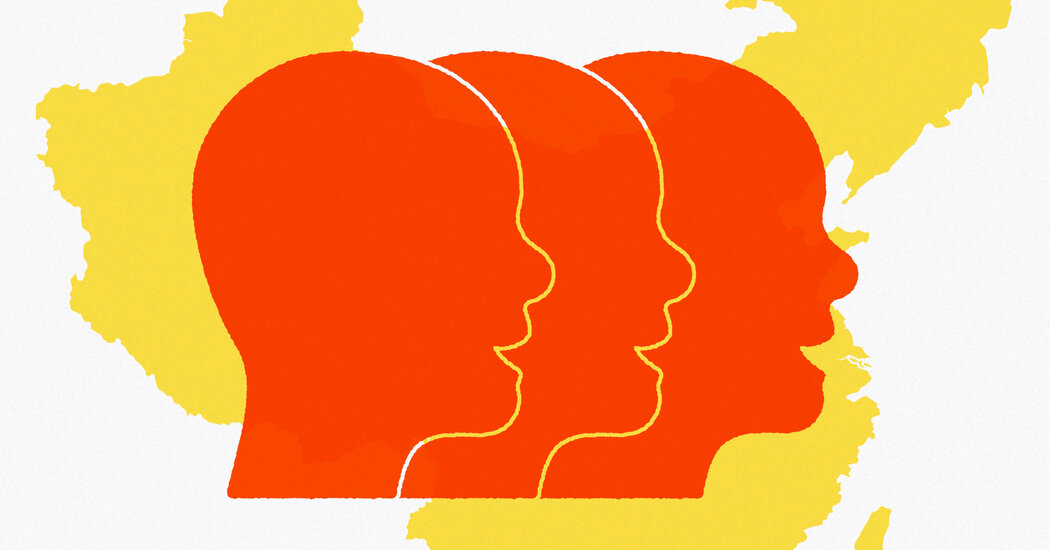When former Secretary of State John Kerry stepped into a newly created post as America’s top climate diplomat in 2021, the reputation of the United States abroad was, in his words, “in the crapper,” and the pathway to meeting the world’s climate goals looked, to most, very narrow. Kerry, now 80, is stepping down this week to take a role on the Biden re-election campaign. In the last three years, the climate landscape has changed in two big and contradictory ways: The goal the world set in Paris in 2015…
Tag: internal-sub-only-nl
The Price of Carbon Emissions Plunged in 2022, and That’s Not Good
This chart, which hasn’t been published elsewhere, is disappointing. It shows a steep drop in 2022 in the global weighted average price per metric ton of carbon dioxide emissions: Making it more expensive to put greenhouse gases into the atmosphere is the market-oriented way to keep the planet from overheating. A high price tag on emissions gives emitters the incentive to switch to cleaner energy sources. It also raises the prices of energy-intensive products, encouraging consumers to choose ones that are friendlier to the environment. And so on. From a…
Income Inequality Has Been Transformed Globally
Culturally, the age of inequality is still churning: Over just the last six months, we’ve had the song “Rich Men North of Richmond” and Shawn Fain’s leading the United Auto Workers into a triumphant labor war with Detroit’s Big Three while wearing an “Eat the Rich” T-shirt. But at the structural level, our picture of American inequality also seems to be changing. According to some measures, U.S. income inequality hasn’t meaningfully grown over the last decade, the very period in which it has become such a potent cultural and political…
What I’m Reading: Eclectic Edition
Some weeks, as I try to chase down a particular idea or understand a particular event, my reading lists have clear themes: what to read to understand X; three books on Y. This is … not one of those weeks. Instead, I’ve been feeling intellectual entropy, pinging from one topic to another. I’ve decided to lean into it, letting my brain range freely and trusting that it will take me somewhere interesting. I’m pleased with the results: a fascinating new book on China, a new political science paper that explains…
The Scientist Who Foresaw China’s Stagnation
Adam Posen, the president of the Peterson Institute for International Economics, described China as suffering from a case of economic long Covid. In an article in the September-October issue of Foreign Affairs, he wrote: Like a patient suffering from that chronic condition, China’s body economic has not regained its vitality and remains sluggish even now that the acute phase — three years of exceedingly strict and costly “zero Covid” lockdown measures — has ended. The condition is systemic, and the only reliable cure — credibly assuring ordinary Chinese people and…
What Can Replace China as a Global Economic Engine?
This is not a trivial matter. To an extent that few Americans genuinely appreciate, global growth has been powered by the so-called Chinese miracle for almost half a century now. According to World Bank data, between 2008 and 2021 — as the world’s per capita G.D.P. grew by 30 percent and China’s by 263 percent — China accounted for more than 40 percent of all global growth. If you excluded China from the data, global G.D.P. over that period would have grown not by 51 percent but by 33 percent,…
Is China’s Economy Now Bigger Than America’s?
My most recent column was about the troubles facing the Chinese economy, which appear to be serious. However, I was careful to acknowledge that China’s three-decade economic miracle has made it a bona fide economic superpower and that its current problems aren’t likely to change that fact. But how super is China’s power, anyway? Is it now the world’s biggest economy, or does it still lag behind the United States? Yes. You see, it depends on what measure you use. And there is no single measure that is clearly right.…
Solar Power’s China Problem
It’s never been cheaper or easier to produce electricity from the sun. Economies of scale and government subsidies, especially in China, have helped to drive down solar energy prices by 85 percent since 2010, supercharging a global boom in new hookups. This year, for the first time, investors are expected to put more money into solar than oil. That’s good news for the climate. But the solar energy supply chain is still dominated by China, an authoritarian regime engaged in a trade war with the U.S. And many of the…
What Japan’s Economy Can Tell Us About China
I hope that at least some of my readers are too young to remember this, but in the early 1990s many Americans — especially pundits, but also business leaders and a fair share of the general public — were obsessed with the rise of Japan. Two of the best-selling books of 1992 were Michael Crichton’s novel “Rising Sun,” about what he imagined to be the growing, sinister influence of Japanese corporations, and Lester Thurow’s “Head to Head: The Coming Economic Battle Among Japan, Europe and America.” It’s easy to forget…
What Americans Don’t Understand About China
Keyu Jin is in the West but not entirely of it. She’s fluent in English and French, studied at Harvard and teaches at the London School of Economics. She knows her way around Goldman Sachs and the World Bank. But she is still a proud Chinese. She lived with her parents in Beijing during two recent maternity leaves. And she has just written a book about what she calls “reading China in the original.” Unfiltered, that is, by a Western perspective. It sometimes comes as a surprise to Europeans and…









